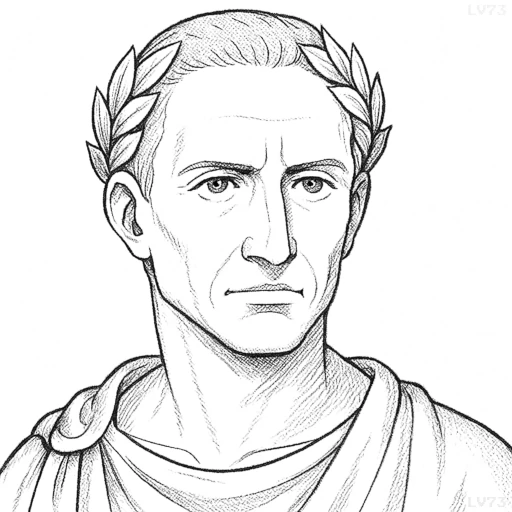“Which death is preferably to every other? ‘The unexpected’.”

July 12, 100 BC – March 15, 44 BC
Roman
Military General, Statesman, Dictator of the Roman Republic, Author
table of contents
Quote
“Which death is preferably to every other? ‘The unexpected’.”
Explanation
This quote attributed to Julius Caesar conveys a stoic acceptance of mortality and a preference for a death that comes suddenly and without forewarning. To Caesar, who lived in a time of political intrigue and warfare, an unexpected death may have seemed merciful, sparing one the fear, pain, or dishonor that can come with knowing death is near. By embracing the idea that an unanticipated death is preferable, he expresses a desire to meet fate without dread or prolonged suffering.
The historical background deepens this sentiment. Caesar’s life was filled with danger, ambition, and betrayal. He understood that those in power often lived with the constant threat of assassination, and to die unexpectedly was perhaps the only kind of death that left a person unbroken by fear. Ironically, Caesar himself was murdered in a brutal and unexpected way by those closest to him—a moment that gave this quote an eerie prophetic weight.
In modern times, the quote resonates with those who fear the anxiety of long illness or decline. Many people today, in both medical and philosophical discussions, echo this idea by expressing a preference for a sudden and painless death over one that involves prolonged suffering. The quote challenges us to reflect on how we view the end of life and whether peace lies not in postponement, but in acceptance without foreknowledge.
Would you like to share your impressions or related stories about this quote in the comments section?


